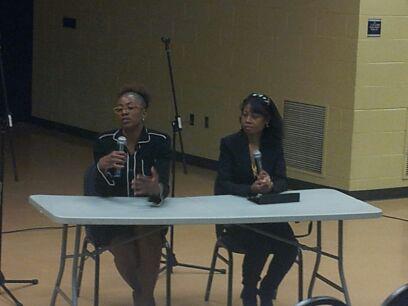
Editor’s note: Alexandra Levit, is a member of the Career Advisory Board answered some questions . I interviewed Alexandra Levit last fall about another survey conducted on behalf of the Career Advisory Board, DeVry University, and the National Association of Colleges and Employers (NACE). She offered insight and advice on how college career centers, students, and employers can engage more effectively on social media.
Mark: It seems as if Career Centers pass the eye and enthusiasm test initially in their use of social media, but not particularly the ear test because of the lack of conversations and engagement. Is that a fair assessment of this study?
About Mark Anthony Dyson
I am the "The Voice of Job Seekers!" I offer compassionate career and job search advice as I hack and re-imagine the job search process. You need to be "the prescription to an employer's job description." You must be solution-oriented and work in positions in companies where you are the remedy. Your job search must be a lifestyle, and your career must be in front of you constantly. You can no longer shed your aspirations at the change seasons. There are strengths you have that need constant use and development. Be sure you sign up to download my E-Book, "421 Modern Job Search Tips 2021!" You can find my career advice and work in media outlets such as Forbes, Inc., Fast Company, Harvard Business Review, Glassdoor, and many other outlets.

